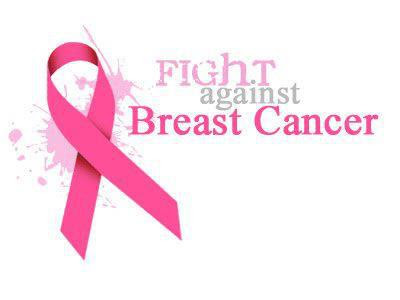Tips to stay away from Breast Cancer

1) Breast self-examination Women should begin self-examination at the early age of 20s. Self-examination helps you to identify breast cancer treatment early. Women should do self-examination at least one time a month the week after their period finishes. The women who are no longer menstruating should examine at the starting of every month. If you feel nodes or discomfort, then visit to a doctor for further examination. Self examination process can be found on medical websites but it is best to talk to a doctor and find out the correct process. 2) Mammogram Mammogram can also help to identify breast cancer early. Women who are older than 40, must get mammogram once a year though there is no cancer in the family. Women should begin mammography in their 30s if their sister or mother had breast cancer before menopause. Mammogram is breast's x-ray picture. For women, who have no signs or symptoms of breast cancer, screening mammograms are used to check. For women who have lump o...
